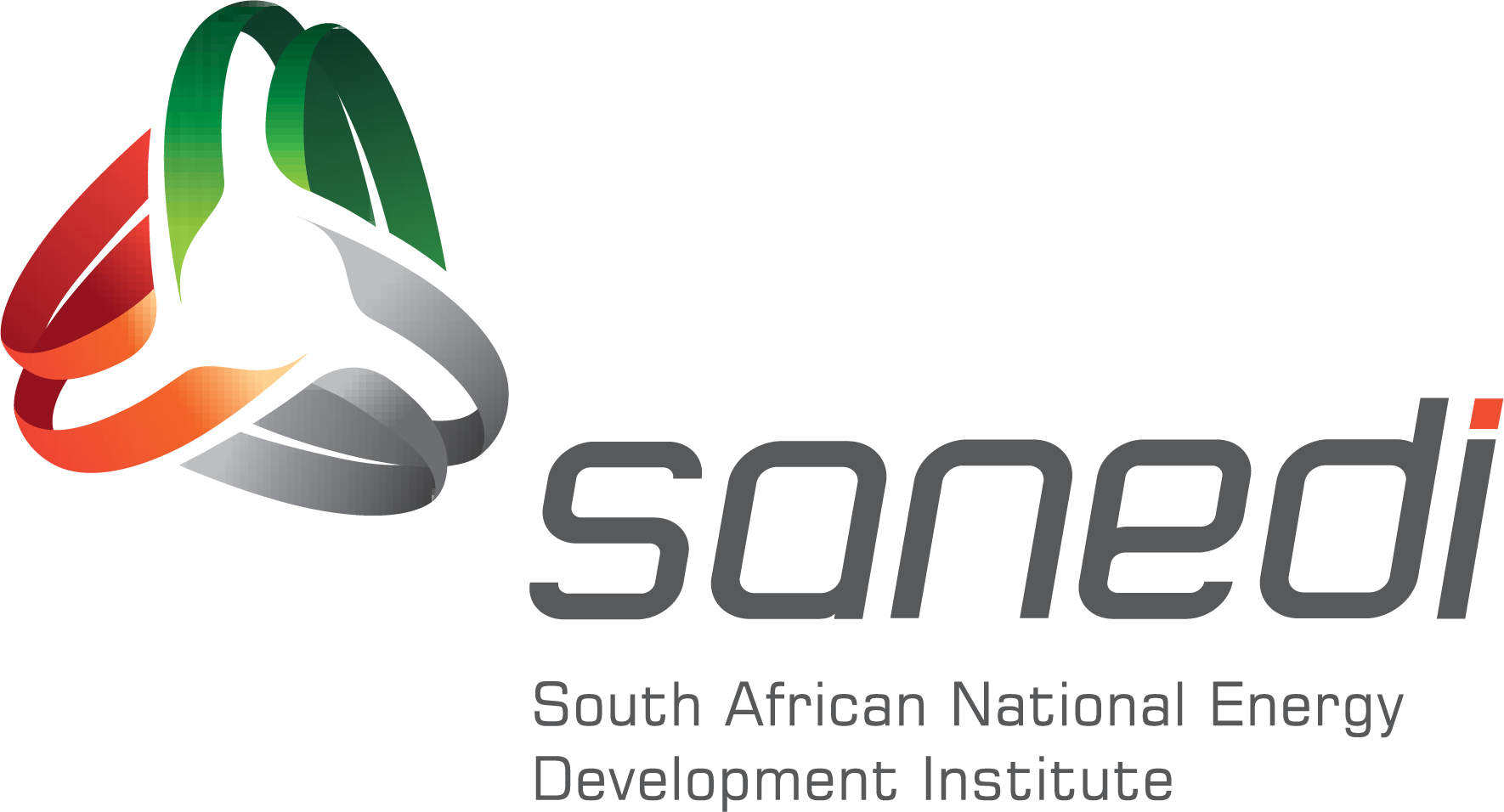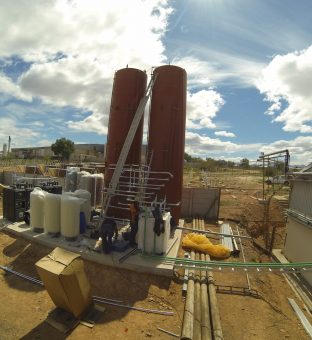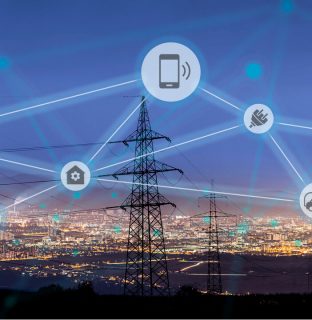During October 2019, Cabinet approved the Integrated Resource Plan (IRP) 2019, which recognises the challenges that South Africa faces as a country within the national and global energy landscape and proposes solutions to address them. In the report, opportunities are also highlighted that could significantly improve infrastructure planning and development, allowing for progress towards achieving each goal of the 2030 National Development Plan (NDP).
The IRP recognises socio-economic challenges of increasing electricity tariffs, shortages of generation capacity emanating from the challenges that Eskom is faced with, as well as the over-reliance on coal as the primary source of energy. These have a significant negative impact on the economic growth of the country.
The IRP also recognises opportunities that are brought about, by emerging technological advancements and the concomitant decreasing costs of production. These developments, make global access to energy through renewable and off-grid technologies such as solar PV, bioenergy, and wind through microgrids and battery storage much more possible for both rural and urban applications.
Reliance on coal for electricity or liquid fuels generation is starting to become less viable, as the banking sector moves away from financing coal-based energy generation. This constraint is making it imperative for the country to start aggressively investing in cleaner coal technologies and ensuring that the country begins to adhere to minimum global emission standards. South Africa, as a Party to the Paris Agreement, has obligations towards reducing its Green House Gas (GHG) emissions as set out in the 2016 Nationally Determined Contributions (NDC).
As disruptive technologies are developed and applied across the world, it becomes crucial that these technologies are assessed for their potential adoption and deployment within the South African energy landscape, to ensure their appropriateness for the country in support of the advancement of the country’s development goals. Where it becomes evident that transition is required from one technology to the next, attention should also be given to issues of the impact of such a transition. In this regard, a just transition is required to minimise the adverse impacts on affected fossil energy sectors and communities who depend on them for socio-economic development. The development of concomitant policies also needs to be supported by accurate, reliable, and timeous data and research information.
SANEDI’s contribution then becomes crucial in supporting policy formulation, as well as piloting and demonstrating new technologies to inform policy and to support the adoption of new technologies.
For the (2020-2025) Medium Term Strategic Framework (MTSF) period, SANEDI will be mainly focusing on the provision of information, develop and maintain datasets and implement pilot and demonstrations projects that will enable, strengthen, and support the ability of Government and all sectors of the economy, to collectively ensure that there is the security of energy supply through several targeted initiatives.







